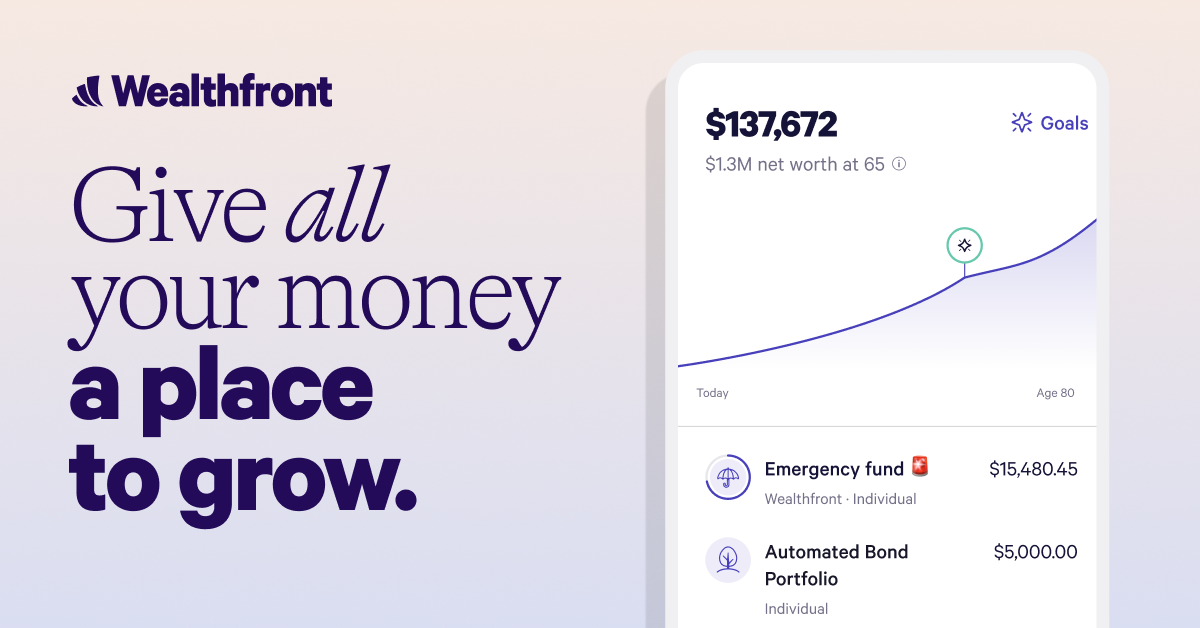- Budget Bytes
- Posts
- Debt and Interest
Debt and Interest
Climbing Out or Digging Deeper? The Balancing Act of Debt and Interest
On Debt and Interest
You may have read our previous article on [Buy Now Pay Later,] and how such schemes can manage to put you into debt. Typically, we view debt as a negative, something to be avoided at all costs. But what if I told you debt can be a good thing. How? Glad you asked.
Interest: The Good and Bad
When you’re in debt, generally speaking, you wind up paying interest to the lender. On credit cards and other forms of “personal” debt, that interests winds up being extremely high (Between 17.99 and 29.99% apr, yikes!)
Ultimately, it sucks paying interest on money that isn’t doing anything for you. That’s why mortgages, even though you are paying interest on them, are viewed as good: houses generally appreciate in value, thus, you are making more money on your house than the interest is costing you. How so?
Mortgage: $100,000
Interest: 5% APY
Yearly appreciation rate: 7%
0.07 * (100,000) = 7,000
0.05 * (100,000) = 5,000.
Appreciation - Interest = Profit.
$7,000 - $5,000 = $2000Bam. By taking on good debt, you’re now in an economic surplus of 2,000. Thus, because you were able to loan $100,000 that you would not have had, you were able to make $2,000. Brilliant, right? This very foundation of using debt to create economic surplus has made America the largest economy in the world, so how can you make it work for you?
Using Debt and Interest: Intelligently
Let’s review an option on how to use debt and interest in your favor. For this instance, we’ll be talking about credit cards
Credit Card 101
Credit Cards generally charge you no interest so long as they are paid by the Statement Due Date. The statement due date is 30 days after statement close.
Statement Close: 1st of the Month
Statement Due Date, 1st of the next Month.
Example:
$1000 of purchases made in September.
Statement closes on Oct 1st.
Statement is not due until November 1stSound confusing? It kind of is, why would the credit card companies not make you pay for 2 months! That’s crazy, they must be trying to trick you so you think you have more money then you actually have, and go into DEBT!!
Obviously, you don’t want to do that. But what if I told you it was possible to outsmart the credit cards?
Interest Bearing Accounts: 101
Generally speaking, all bank accounts should earn you interest. That is, the bank should pay you for holding your money there: but in practice, this never happens. Fortunately, there are some newer banks that do pay you a fair sum for holding your money there. Like Wealthfront.
Wealthfront gives you 5% APY on your checking account, which is close to the Fed Funds rate! Do your own research, but it is FDIC Insured, meaning your cash is safe. So how does this help us?
Taking Advantage
Okay, so how may we take advantage? Say you have $1,000 in your checking account, enough to pay your credit card bill from September. And say your income equals your expenses
Balance: $1000
Monthly income: $1000
Monthly expenses: $1000 Accordingly, your balance should stay at roughly 1,000 in perpetuity. Unless… you earn money on the balance in the bank. Say, 5%.
Now, you can take advantage of the float offered by your credit card, the extra months you have to pay your bill. By leaving the money in your bank instead of paying your credit card bill early, you earn interest on the money.
Starting balance: $1,000
Monthly Interest at 5% APY (Approximately): $5
End of Month Balance: $1,005 Voila, end the end of the month you have $1,005. Then, if you pay your bill on the first of the next month, you send $1,000 to the credit card company. 1,005 - 1000 = $5
Congrats! By taking advantage of a temporary 0% interest on your credit card bill, and putting your money in an interest bearing account, you’ve just made $5!
Conclusion
Not all debt is bad debt, and not all debt is good debt. Ultimately, it comes to you on how you use that debt. But by taking advantage of some clever tricks, and by being a bit financially savvy, you can make the system work for you: and ensure that you are using your debt to build wealth
Good luck,
Budget Bytes
